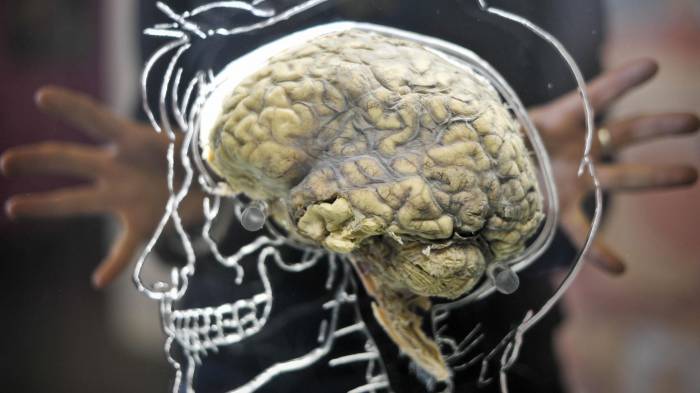Professor Rangaswamy Thara, co-founder and director of the Schizophrenia Research Foundation in Chennai, India, and Professor Bryan Mowry from Queensland Brain Institute, University of Queensland, joined forces to study a population of 3,000 schizophrenia patients in India - revealing the presence of a common genetic variation.
"This study identified a gene called NAPRT1 that encodes an enzyme involved in vitamin B3 metabolism," Mowry said.
"When we knocked out the NAPRT1 gene in zebrafish, brain development of the fish was impaired - we are now working to understand more deeply how this gene functions in the brain," Mowry said.
While studies done on predominantly European populations have identified over 100 genetic variants associated with schizophrenia, Mowry says that looking at other populations can highlight different parts of the genome and provide a more robust understanding of the disease.
"Our studies aim to shed more light on what makes people susceptible to schizophrenia and possible treatments for the future," Mowry said.
"There are now a multitude of genetic variants linked to schizophrenia, but we don't yet know what the hundreds of genes involved do," Mowry said.
Mowry said that the next step is to further study the gene in healthy and diseased states, in computational models as well as in zebrafish.
More about: schizophrenia human-brain
















































